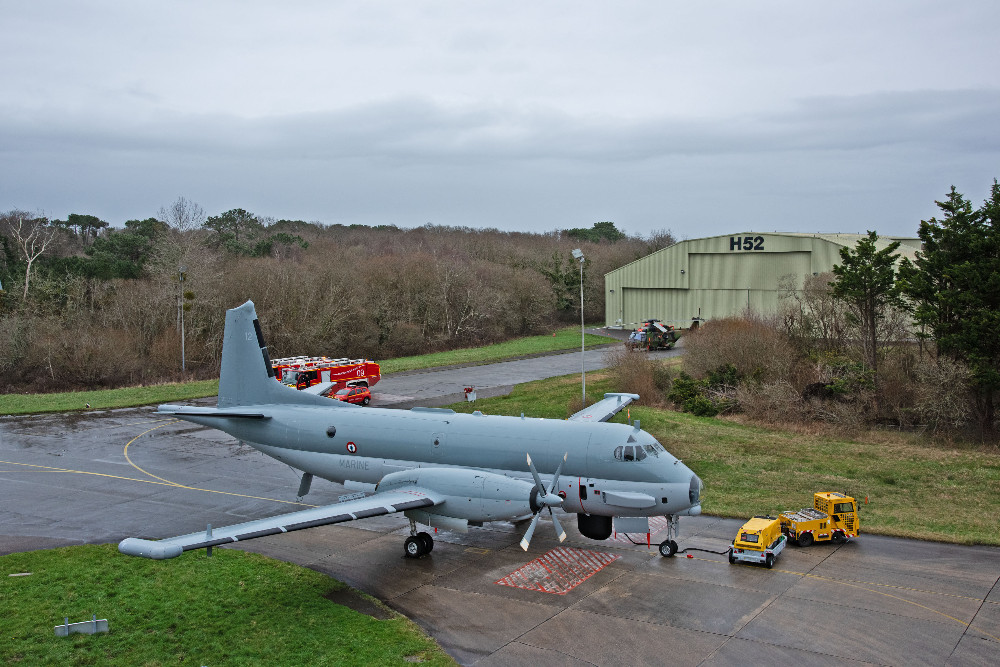Editorial
French forces are engaged in operations to a degree rarely seen in recent years, each of which is calling upon the expertise, composure and personal commitment of the personnel involved, in the streets of Abidjan, in the skies over Libya, in Lebanon, in the Gulf of Aden and off Somalia and, of course, in Afghanistan. They are engaged along the arc of crisis highlighted in the Livre blanc, which stretches from the Atlantic to the Pacific, and are there to help combat terrorism, aid the modernisation of certain countries, contribute to regional stability and to defend French and European interests and values, all of which have the over-arching objective of ensuring our security in Europe.
These deployments, often at short notice, and as cure, rather than prevention, serve as a stark reminder of the instability that surrounds us and, what is perhaps new, highlight the constraints and limits of collective commitment, in either a European or an Atlantic context. Furthermore, they show how essential for factual correctness and legitimacy of action is the input, and ultimately the mandate, of the United Nations Security Council. They also make us more conscious of the value to a tried and tested politico-military structure of flexible, coherent, armed forces and of their operational capabilities, the modernisation of which now permits a very wide range of tactical options to be put to use in today’s conflicts.
At the same time it is worth noting the tremendous value of retaining strategic autonomy, since all too often coalitions of the willing are illusory and end up acting act as brakes on progress. To retain such autonomy, and therefore margin for manoeuvre, an organisation must have assets available to it, albeit in limited quantity, but above all must have determination and very clear objectives.
It is with these thoughts in mind that RDN this month takes a look at security in the geo-strategic space of concern to France and, more generally, Europe: the threats to it, possible areas to focus upon in the future and the effects of the current paralysis within the European Union with regard to security and defence policy in particular. In English, Admiral Pierre-François Forissier, Chief of the Naval Staff, argues the importance of retaining a flexible, blue-water navy with a wide range of modern capabilities. Mustapha Benchenane writes for us again—this time on Afghanistan, reflecting upon the contrasts in that country, the confusion in Western policy, the failure to win hearts and minds and the near stalemate that has resulted. Pierre-Emmanuel Thomann uses events on the southern coastline of the Mediterranean, the effects of globalisation and the stalled European Union defence debate as a background to his proposals for a new look at policies based on the principle of geopolitical proximity. Finally, on a lighter note, Emmanuel Desclèves presents one of his occasional articles on maritime history and tradition: here, he discusses maritime routes between Europe and the East Indies, the countries involved throughout history, the vessels used and, perhaps surprisingly, how the boatbuilding tradition continues today.






_astronaut_Sophie_Adenot_(jsc2025e058846_alt).jpg)

